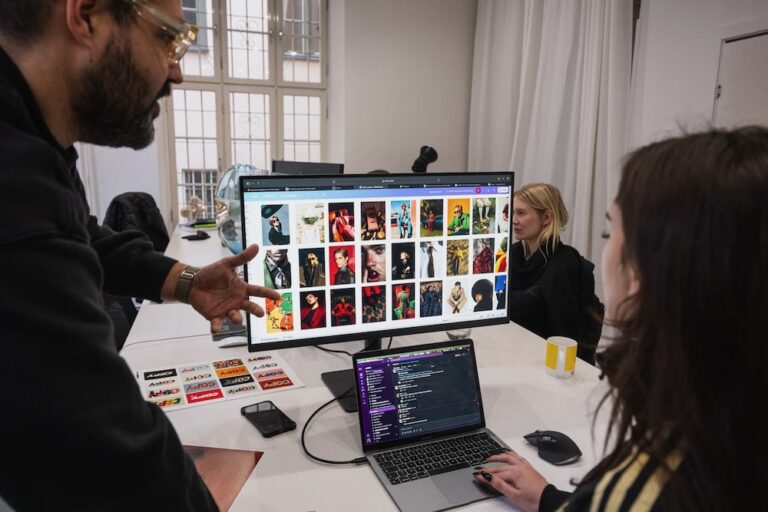(PINA/IFEX) – The following is a 2 May 2000 PINA press release: This year PINA has joined with UNESCO in focusing on the key issue of the Culture of Peace as part of its World Media Freedom Day activities. With this in mind we have focused our activities on the Solomon Islands and Papua New […]
(PINA/IFEX) – The following is a 2 May 2000 PINA press release:
This year PINA has joined with UNESCO in focusing on the key issue of the Culture of Peace as part of its World Media Freedom Day activities.
With this in mind we have focused our activities on the Solomon Islands and Papua New Guinea. There, in partnership with our members the Papua New Guinea Media Council and the Media Association of the Solomon Islands, PINA and UNESCO are helping organize a series of workshops focusing on the key issue of the role of the media in conflict resolution.
This comes at a critical time for both countries following major moves towards peace in Bougainville, Papua New Guinea, and the ongoing ethnic tension and violence experienced over the last year or so on Guadalcanal, Solomon Islands. In recent times we have seen the terrible price paid by the victims of conflict in both Bougainville and Guadalcanal.
PINA recognizes the key role that the media plays in resolving conflicts of this nature. When violence breaks out there is always the temptation to restrict the flow of information. It is almost as if those in power feel that by not allowing people to hear the facts through the proper channels that they will prevent violent reaction.
Unfortunately, the opposite is often the result as the general public turn to rumor or the “coconut wireless” in a desperate attempt to find out what is going on. This usually inflames the situation with wildly inaccurate information.
At the same time periods of conflict place a huge burden on the media. These are times when it is vital to get the story right the first time. Inaccurate or sensationalist reporting can have disastrous results.
This year in the workshops and activities held in the Solomon Islands and Papua New Guinea we will be focusing on the role of the media in reporting conflict and in the peace process.
PINA remains concerned that some countries in the Pacific Islands still have draconian colonial-era laws in place which provide governments with extraordinary powers to clamp down on the free flow of information in times of conflict.
As we mark World Media Freedom Day this year we call on governments across the Pacific Islands to urgently review this legislation.
Conflict and suspicion is often the result of poor communication between people. As a representative of the media in the Pacific Islands, PINA looks forward to working with our members and their respective governments on ways of improving the flow of information and preventing conflict and the violence and destruction which follows in its wake.


